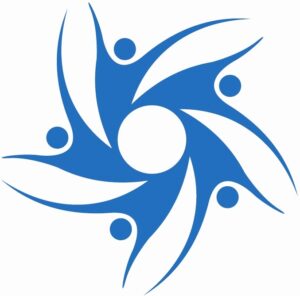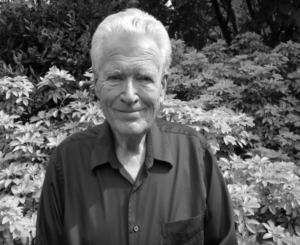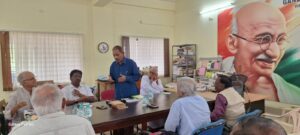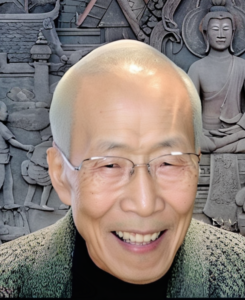By the Rev. Dr. Esther R. Suter, IARF’s Main Representative to the UN
On 26.1.2021 the 7th annual symposium on “the role of religion and faith-based organizations on international affairs” took place with a zoom and live-stream programme. The title “2021: A defining year for accelerating gender equality, equity and justice” attracted more than 1000 persons, more than ever before. The following international institutions and organizations were involved: World Council of Churches, ACT Alliance, Islamic Relief USA, Seventh-Day-Adventists, United Religions International, Methodist Church General Board, Soka Gakkai, UN-Women, UNFPA and some more religious and church partners. The speeches and discussions were dominated by the C-19 pandemic and gender issues, but the key subject was intersectionality. This means the overlap and simultaneity of various categories of discrimination of a person such as discrimination by racism, sexism, antisemitism or else which are not separate issues. Azza Karam, General Secretary of Religions for Peace, who moderated the first of four sessions, emphasized the necessity of the multi stakeholder collaboration to accelerate gender-equality, equity and justice. Gender-based violence has increased through the Covid-19 pandemic. Phumzile Mlambo-Ngcuka, UN-Under-General Secretary of UN-Women – she has experience through coalition and movement building among global leaders in public and private sectors and with civil society – is driving the role of women in leadership and ending discrimination and violence against women and girls. She pointed to the actual redefinition of the whole life-style which is caused by the pandemic. Faith-based organizations will have to work now in using a healing influence on society of which they are part. Since 2015 the evaluation of the Declaration of Beijing (1995 – 4th UN-World Conference of Women) and following recommendations showed clearly that progress was first made and later pushed back, while much resistance came up from some societies and countries. Some NGOs working for gender equality began then to form alliances with religious institutions and religious leaders mainly in those countries in which most resistance came up.
For Rudelmar Bueno de Faria, General Secretary of ACT Alliance, changes of norms and attitudes are required especially through the work with Men and Boys, a key challenge that already shows success. He analysed three forms of fundamentalisms: religious, political and financial fundamentalisms. ACT Alliance includes the life experience of women in its work for changing faith narratives in the sense of gender-justice. It is necessary to deconstruct “toxic interpretations of sacred texts” that undermine the sense of equality, he told.
Alice Wairimu Nderitu, UN Special Advisor on the prevention of genocide, prevention of violence and for reconciliation process, explained that she often is the only woman in peace negotiations including resolution 1325. It is an enormous challenge to her to transfer the influence of women from grassroot to higher levels so that they can contribute to gender-equality and peace. Especially the gender-inequality has enabled atrocity crimes (ethnic cleansing).
Anwar Khan, President of Islamic Relief USA, explained that Islamic Relief started as an organization with their own experience with women and rape as tactic warfare in armed conflicts (Bosnia). This encouraged them to a commitment for gender justice for women. He spoke of their collaboration with Imams at grassroot level and with UN. There is a need of religious formation for this basic local work, for grassroot people are not progressive. A faith-based organization has to connect the basis and bring their values to a gender-transformative table.
Laura Janner-Klausner, Senior Rabbi to Reform Judaism, emphasized from her rich experience the resilience of faith leadership: it is worth while to resist. The difference in use of language from women has changed men and women. The question of justice is for her: why are people hungry? And the answer aims to a change of structural conditions.
Ibrahim Salama, High Commissioner for Human Rights and UN-Rapporteur, thinks that the intersectionality of religion and human rights is the weakest link. For him it is wrong to keep the two fields separated as unmixable or not coming together. A religious interpretation of human rights existed and it happened to make use of a narrative between these two traditions. But the attempt to find a common narrative is not done with promising general principles but rather in form of a legal basis. To reconstruct narratives means to admit that from both sides human interpretation and critical reflexion are involved. But synergies are actually most missing.





